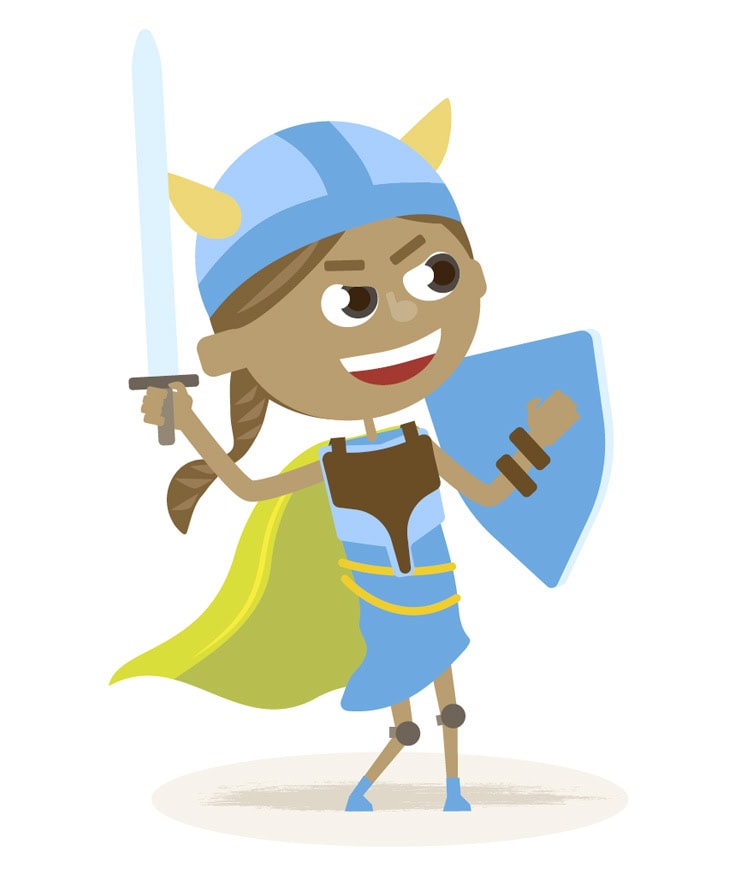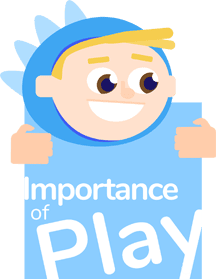
The benefits of play
Play is the lens through which children experience their world, and the world of others. Giving children the time, space and permission, they need to enjoy play has a hugely beneficial impact on their lives when it comes to their development, health and well-being. Play is such an important part of childhood that it has been recognised by the United Nations High Commission for Human Rights as a right of every child.
Playing, in its different forms can:
- Foster creativity and curiosity
- Teach children how to communicate
- Provide foundation for literacy, numeracy and language development
- Develop cooperation and problem solving
- Boost physical activity
- Develop motor skills like balance and hand-eye coordination
- Build resilience and helps develop coping mechanisms
- Provide and outlet for emotions and helps set boundaries
- Build empathy and understanding of others
- Enhance concentration and focus
To allow play to really work its magic in children’s lives, it is important that it remains an activity that children can enjoy freely. Whilst adults can and should intervene to make sure that children have access to a varied play diet, playing should never be seen as a task that children have to perform or be measured against.
Click through this section to find out more about how play positively impacts children’s quality of life as they grow up in terms of the skills and health benefits of play and the wider impact this can have on our society’s future.
